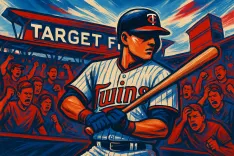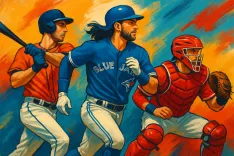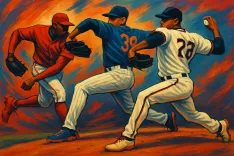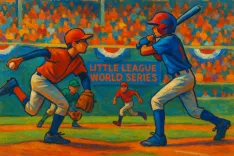Post-Trade Deadline Regrets: Five MLB Teams Questioning Their Moves
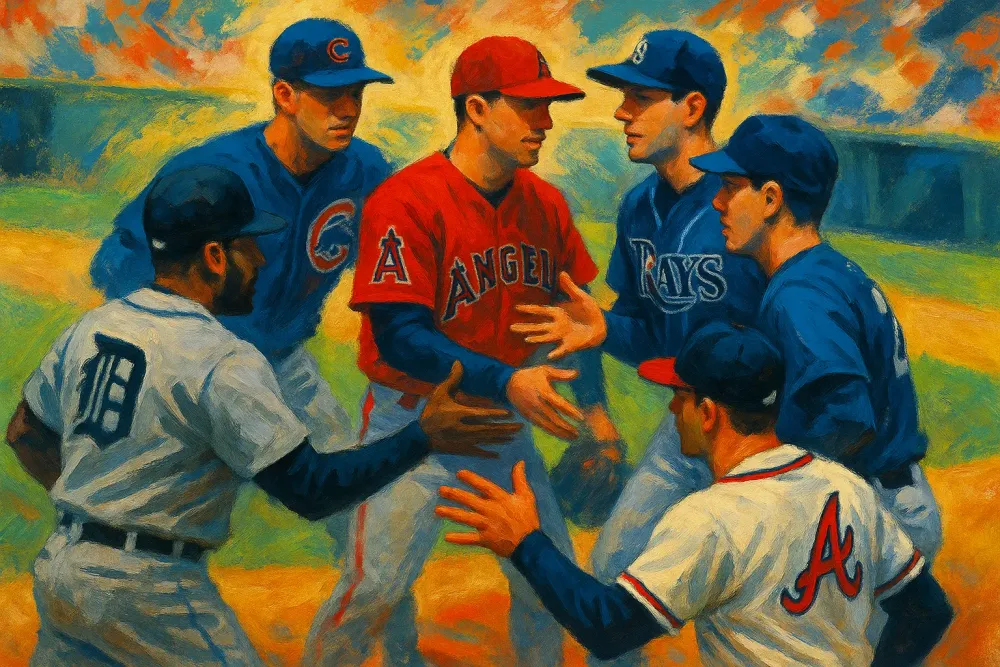
Impact of the Trade Deadline: A Two-Week Reflection
As the dust settles from the July 31 trade deadline, it's still early to form definitive opinions about the decisions made by MLB teams. However, the effects of significant trades, like Jhoan Duran joining the Philadelphia Phillies and Josh Naylor heading to the Seattle Mariners, are already noticeable. Conversely, teams that chose to stand pat or made underwhelming additions may find themselves regretting their choices.
The Cubs: A Questionable Approach
The Chicago Cubs are currently grappling with their trade deadline strategy, especially as the division-rival Milwaukee Brewers have taken a commanding lead in the NL Central. Despite maintaining a spot at the top of the NL wild-card race, the Cubs' acquisitions designated by president of baseball operations Jed Hoyer have felt inadequate for a team aiming for a World Series. The trade for right-hand pitcher Michael Soroka has backfired as he has ended up on the injured list after just two innings pitched. While Taylor Rogers has been a solid addition, fellow reliever Andrew Kittredge's underwhelming 10.80 ERA in four appearances is concerning. Furthermore, prospects Pete Crow-Armstrong and Kyle Tucker have struggled at the plate, raising doubts about whether the Cubs' timeline aligns with championship aspirations.
Rays' Risky Moves
The Tampa Bay Rays opted for minor additions rather than major trades, which raises questions given their slim 5.1% chance of making the playoffs. Reliever Griffin Jax, who pitched poorly in his initial outings, was acquired in exchange for controllable young talent Taj Bradley. Despite the long-term potential for Jax, the decision to hold onto key pieces like closer Pete Fairbanks and first baseman Yandy Díaz, who could have been valuable trade assets, leaves fans speculating about the Rays’ playoff viability.
Angels: A Missed Opportunity
The Los Angeles Angels are facing a tough road in their quest for postseason glory, sitting six games behind the third wild-card spot with a minus-66 run differential. General manager Perry Minasian's reluctance to trade away talent like Taylor Ward and Jo Adell, despite their market value, raises concerns. While the Angels aim to snap a postseason drought that dates back to 2014, their recent additions of Luis García and Andrew Chafin may not bolster their weak pitching staff enough to compete for a winning record.
Tigers' Unclear Future
Detroit Tigers president Scott Harris has dismissed notions of a limited window for championship contention, yet the team's decision not to capitalize on opportunities during the trade deadline may prove costly. Though they managed to snag reliever Kyle Finnegan, a lack of impactful additions could hinder their ability to progress in the playoffs. The uncertain status of standout pitcher Tarik Skubal, combined with underwhelming performances from recent acquisitions, suggests that the Tigers might regret their passive strategy.
Braves: A Missed Chance with Ozuna
After entering the season as strong contenders, the Atlanta Braves find themselves underperforming and in fourth place in the NL East. Their decision to retain veteran Marcell Ozuna, despite his potential value to a competing team, raises eyebrows. Although he has improved since the All-Star break, his contract situation makes the decision seem wasteful for a team with slim playoff chances. Additionally, underperformed pitchers like Raisel Iglesias may have been better served on the trade block.
In summary, as the season progresses, the choices made at the trade deadline could have significant implications for these teams. The landscape of MLB is ever-changing, and the teams that made bold moves—or those that chose to stand still—will soon know if their strategies pay off or lead to regret.

